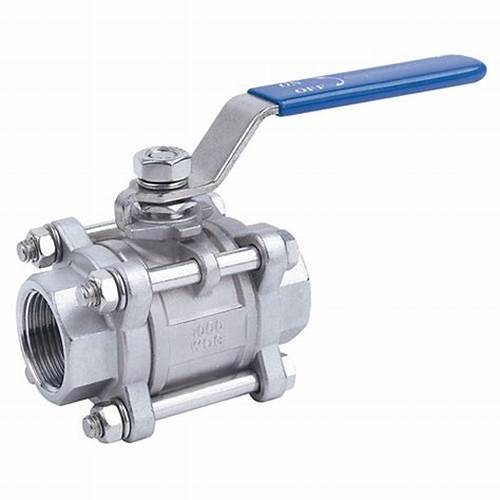electric control valve actuator
Understanding Electric Control Valve Actuators
Electric control valve actuators are indispensable components in various industrial processes, playing a crucial role in controlling fluid flow and maintaining system integrity. These devices convert electrical energy into mechanical motion, allowing for precise regulation of valves in response to a control signal. This article explores the significance, working principle, and benefits of electric control valve actuators.
Working Principle
At its core, an electric control valve actuator consists of an electric motor that drives a mechanism to open or close a valve. The actuator receives a signal from a control system, often a programmable logic controller (PLC) or supervisory control and data acquisition (SCADA) system. Depending on the signal, the actuator adjusts the position of the valve, thereby controlling the flow rate, pressure, or temperature within a system.
The operation of electric actuators can be classified into two main types linear and rotary. Linear actuators are typically used for valve types such as globe or gate valves, where direct linear motion is needed. On the other hand, rotary actuators are suitable for quarter-turn valves like ball or butterfly valves, manipulating the valve’s position through rotational movement.
Benefits of Electric Control Valve Actuators
1. Precision and Control One of the primary advantages of electric actuators is their ability to provide precise control over valve positions. This is crucial in applications requiring strict flow regulation, such as in chemical processing or water treatment facilities.
electric control valve actuator

2. Energy Efficiency Unlike pneumatic actuators, which often require compressed air and may consume more energy, electric actuators can be more energy-efficient. They operate on standard electrical power, which can lower operational costs and reduce the environmental footprint.
3. Reduced Maintenance Electric actuators typically require less maintenance compared to their pneumatic counterparts. Without the need for air supply systems, filters, and extensive tubing, the complexity is reduced, leading to fewer points of failure and maintenance requirements.
4. Versatility These actuators can be utilized in a wide range of environments and for various applications. Their adaptability makes them suitable for industries such as oil and gas, water treatment, pharmaceuticals, and HVAC systems.
5. Integration with Automation Systems Electric control valve actuators can easily integrate with modern automation and control systems. They often come with communication protocols like Modbus, Profibus, or HART, which facilitate real-time monitoring and control, enabling better process management and data collection.
Conclusion
In conclusion, electric control valve actuators are vital for enhancing the efficiency and reliability of industrial processes. Their ability to provide precise control, coupled with their energy efficiency and reduced maintenance needs, makes them a preferred choice in many applications. As industries increasingly move towards automation and digitalization, the importance of electric actuators continues to grow, affirming their role as essential components in advanced control systems. Understanding their functionality and advantages empowers industries to optimize their operations and achieve greater productivity.
-
Breakthrough in Domestic Low Temperature Valve Technology in ChinaNewsAug.18,2025
-
From Machinery to Intelligent Brain: The Digital Transformation Wave of the Valve IndustryNewsAug.18,2025
-
PCVEXPO 2025NewsAug.18,2025
-
The Key to Fluid Control: Exploring the Advantages of Ball Valves in Industrial SystemsNewsJul.09,2025
-
The Versatile World of 1, 2, and 3 Piece Ball ValvesNewsJul.09,2025
-
Stainless Steel Ball Valves: The Ideal Choice for Efficient Flow ControlNewsJul.09,2025
-
Optimizing Fluid Control with Ball Float ValvesNewsJul.09,2025




